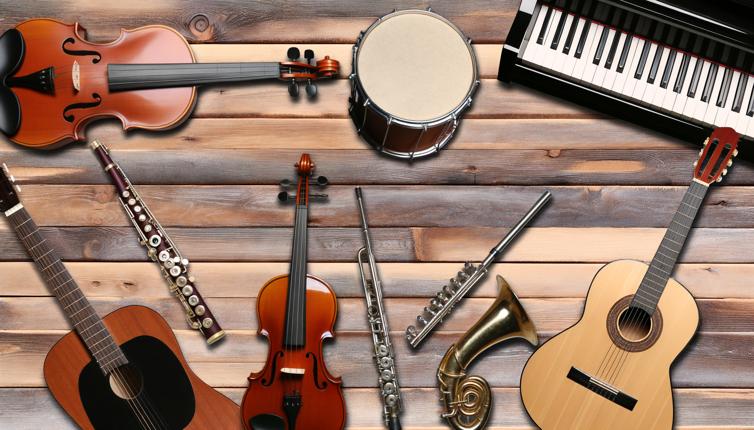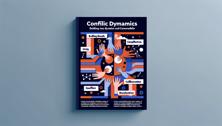Consider Your Musical Interests
The first step in choosing the perfect musical instrument is to consider your musical interests. Think about the type of music you enjoy listening to and the instruments commonly used in those genres. This will help you narrow down your options and choose an instrument that aligns with your preferences.,If you're a fan of classical music, you may want to consider instruments like the piano, violin, or flute. If you prefer rock or pop music, electric guitar or drums might be a better fit. If you're unsure, try listening to different genres and pay attention to the instruments that catch your attention.,Additionally, consider the sound you're drawn to. Do you prefer the warm, mellow tones of a brass instrument, or the bright, crisp sound of a string instrument? Understanding your musical interests and the sounds you enjoy will guide you in choosing the perfect instrument.
Consider Your Physical Abilities
When choosing a musical instrument, it's important to consider your physical abilities. Some instruments require a certain level of strength or dexterity to play effectively. For example, playing the drums requires coordination and rhythm, while playing the guitar or piano requires finger strength and flexibility.,If you have any physical limitations or disabilities, there are still plenty of musical instruments that you can enjoy. There are adaptive instruments available for individuals with mobility issues, and certain instruments may be easier to play depending on your physical abilities.,It's essential to choose an instrument that you feel comfortable playing and that suits your physical abilities. This will make the learning process more enjoyable and ensure that you can progress at a pace that works for you.
Consider Your Budget
Another crucial factor to consider when choosing a musical instrument is your budget. Instruments can vary greatly in price, so it's important to determine how much you're willing to spend.,If you're on a tight budget, there are plenty of affordable options available, such as ukuleles, harmonicas, or recorders. These instruments are relatively inexpensive and can be a great starting point for beginners.,On the other hand, if you have a larger budget, you may want to invest in a higher-quality instrument. Keep in mind that more expensive instruments often provide better sound quality and durability, which can enhance your playing experience.,It's essential to find a balance between your budget and the quality of the instrument. Consider visiting a music store and trying out different instruments within your price range to find the best fit.
Conclusion
Choosing the perfect musical instrument as a beginner is an exciting journey that requires careful consideration. By considering your musical interests, physical abilities, and budget, you can find an instrument that suits you perfectly. Remember to be patient and enjoy the process of learning and mastering your chosen instrument. Happy playing!








